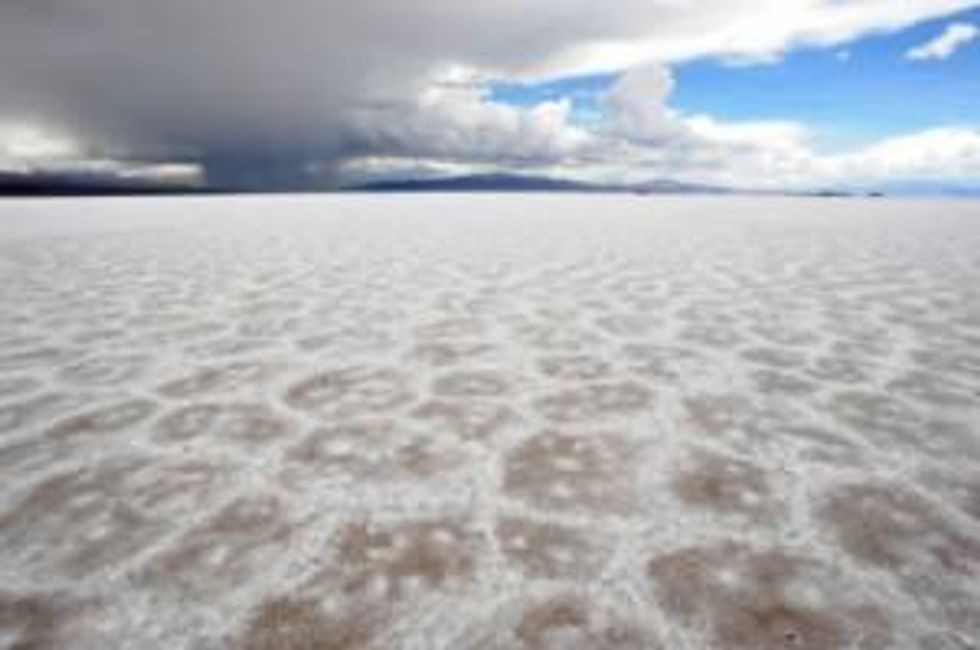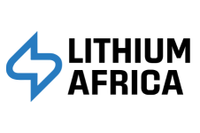Brian Findlay on Dajin Resources and the Lithium Market
Nevada and South America certainly seem like the places to be when it comes to lithium production. One company that’s staked claims in both locations is Canada’s Dajin Resources.
One company that’s staked claims in both locations is Canada’s Dajin Resources (TSXV:DJI,OTCMKTS:DJIFF). It holds the Teels Marsh and Alkali Lake properties in Nevada, as well as concessions covering roughly 100,000 hectares in Argentina’s Salinas Grandes basin.
To get a bit more insight into what the company has been up to and what it has planned in the way of lithium exploration, Resource Investing News spoke with Brian Findlay, president and CEO of Dajin, about the lithium market and his company’s strategy.
Staking out South America
Dajin made its first foray into South America when it acted on an opportunity to secure a land position in the Salinas Grandes basin back in 2008.
“We basically had an opportunity with one of our contacts down there to tie up one of the largest land holdings in the Salinas Grandes,” Findlay explained. “One of the majors had the property. They were looking for boron, but they returned the claims to the government. We went in and took them over.”
It was through that transaction that Dajin gained the 100,000 hectares mentioned above. They’re located in the “lithium triangle,” which encompasses parts of Bolivia, Chile and Argentina and holds roughly 80 percent of the world’s known lithium reserves. Many of the world’s largest lithium producers operate in this region, including Sociedad Quimica y Minera de Chile (NYSE:SQM), Rockwood Lithium (now owned by Albemarle (NYSE:ALB)) and FMC (NYSE:FMC).
However, Findlay added that permitting rules in Argentina changed shortly afterwards. The company is currently working towards a hearing date with the Jujuy Ministry of Mines to obtain an exploration permit for its mineral concessions.
At this year’s PDAC conference in Toronto, Dajin met with mining authorities from Argentina, and they indicated both national and provincial government support for plans to advance the exploration and development of Dajin’s holdings in the country.
That sounds like good progress, but as Findlay noted, investors may want to be looking beyond South America for sources of lithium supply given floods and heavy rains that rocked the region this spring.
SQM, FMC and Rockwood have said the floods haven’t had a significant effect on their operations, and as Simon Moores of Benchmark Mineral Intelligence explained, lithium processing plants in the area are “built to withstand variations in brine concentration.” However, the disaster no doubt shook up many market watchers.
According to the USGS, Chile was the second biggest lithium-producing country in the world in 2014, and is set to overtake Australia soon for the top spot. Argentina came in fourth on the list.
Shift to Nevada
More recently, Dajin has turned its attention to Nevada. It’s staked claims near Rockwood Lithium’s Silver Peak mine, the only producing brine-based lithium operation in North America. Dajin’s Teels Marsh property is located roughly 50 miles northwest of the Clayton Valley deposit at Silver Peak, while its recently staked Alkali Lake claims are just 7 miles northeast of the mine.
To be sure, being located next to an existing mine has its advantages. “They have all the infrastructure for going into production,” Findlay stated. “Power’s always one of the biggest challenges when you find these brines in isolated areas.”
As pointed out by Dale Jackson of “Money on the Mark,” Dajin is “getting involved … in some of the biggest places alongside some of the biggest corporations” in the lithium space.
Certainly, investors and market watchers will certainly be keeping an eye out to see what the company gets up to next. Dajin released results of a 3D gravity survey at Teels Marsh this month and they indicate a deep, closed basin up to 8,900 feet deep.
Meanwhile, assay results from 14 samples taken at Alkali Lake range from 73 to 382 parts per million (ppm) lithium, with two assays returning lithium values greater than 300 ppm. The company is planning further geophysical and sampling surveys to better define the aquifers at the property this year.
Securities Disclosure: I, Teresa Matich, hold no direct investment interest in any company mentioned in this article.
Editorial Disclosure: The Investing News Network does not guarantee the accuracy or thoroughness of the information reported in the interviews it conducts. The opinions expressed in these interviews do not reflect the opinions of the Investing News Network and do not constitute investment advice. All readers are encouraged to perform their own due diligence.
Dajin Resources is a client of the Investing News Network. This article is not paid-for content.





